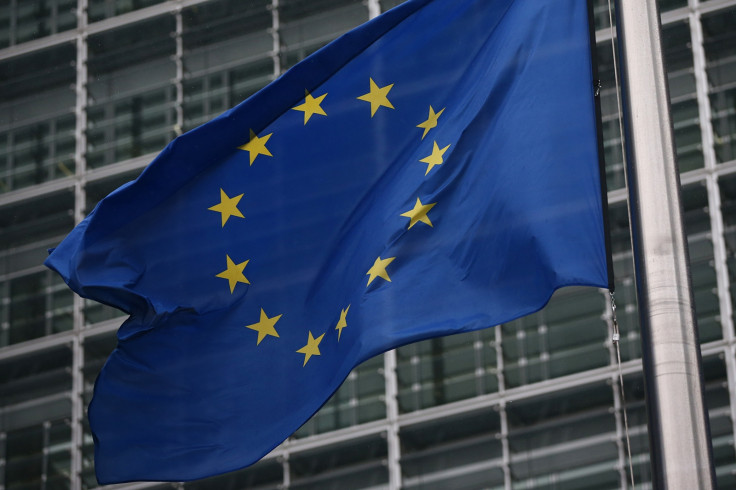EU presses Facebook, Twitter, Google and Microsoft to act quickly against hate speech
In May, the companies signed a code of conduct promising to 'quickly and efficiently' combat hate speech.

The European Commission has urged major US technology companies Facebook, Twitter, Google's YouTube and Microsoft to hasten their crackdown on hate speech and incitement to terrorism on their websites or face the possibility of laws that will force them to do so. In May, the companies signed a "code of conduct" with the EU to "quickly and efficiently" combat the spread of hate speech online.
However, according to a report commissioned by EU Justice Commissioner Vera Jourova, the tech giants' compliance with the code so far has not been satisfactory.
The code of conduct required the companies to review the "majority" of flagged illegal hate speeches within 24 hours and remove them, if necessary. The firms also agreed to strengthen partnerships with civil society organisations that do report content promoting violence, terrorism and hateful content.
"In practice the companies take longer and do not yet achieve this goal," a Commission official told Reuters. "They only reviewed 40% of the recorded cases in less than 24 hours. After 48 hours the figure is more than 80%. This shows that the target can realistically be achieved, but this will need much stronger efforts by the IT companies."
While YouTube was the fastest to respond to flagged hateful content, Twitter was the slowest to do so, the Financial Times reported. After 600 notifications of suspected hateful content to the companies in six months, the report found that 316 cases warranted a response from the firm. However, the flagged content was deleted in just 163 cases. In 153 cases, the content was not taken down because the companies said they found no violation of their community rules.
In Germany and France, the removal rate of suspected racist posts was over 50%. In Austria and Italy, however, it was just 11% and 4% respectively.
The Commission also warned that if the companies do not respond quickly, it could enact legislation forcing them to speed up the process.
"If Facebook, YouTube, Twitter and Microsoft want to convince me and the ministers that the non-legislative approach can work, they will have to act quickly and make a strong effort in the coming months," Jourova told the Financial Times.
On Thursday (8 December), the report will be discussed by EU justice ministers in Brussels.
The EU executive's report comes amid heightened discussions and concerns regarding the spread of fake news online, particularly through social media platforms such as Facebook. European countries such as Germany have also raised serious concerns over the spread of racist and threatening content online targeting refugees in Europe.
Last month, prosecutors in Munich launched an inquiry into multiple Facebook executives, including CEO Mark Zuckerberg and COO Sheryl Sandberg, for allegedly breaking national anti-speech laws by failing to ban hate speech on its platform.
"The last weeks and months have shown that social media companies need to live up to their important role and take up their share of responsibility when it comes to phenomena like online radicalisation, illegal hate speech or fake news," Jourova said.
© Copyright IBTimes 2025. All rights reserved.





















